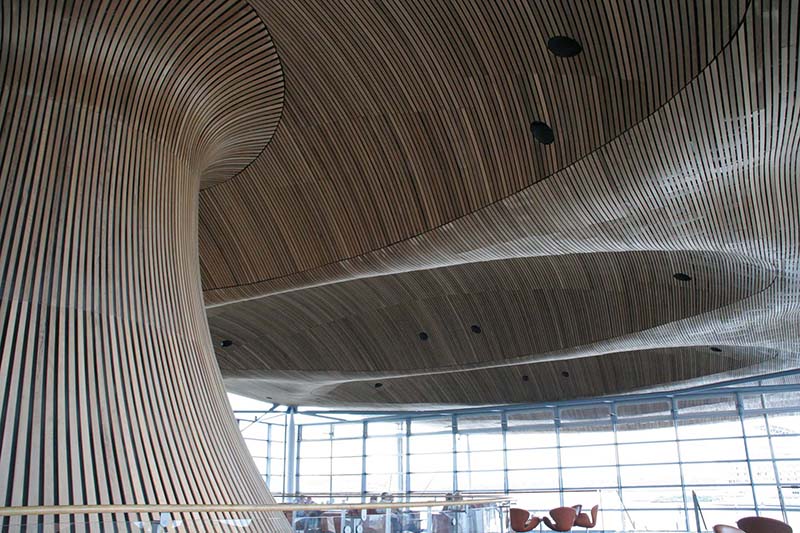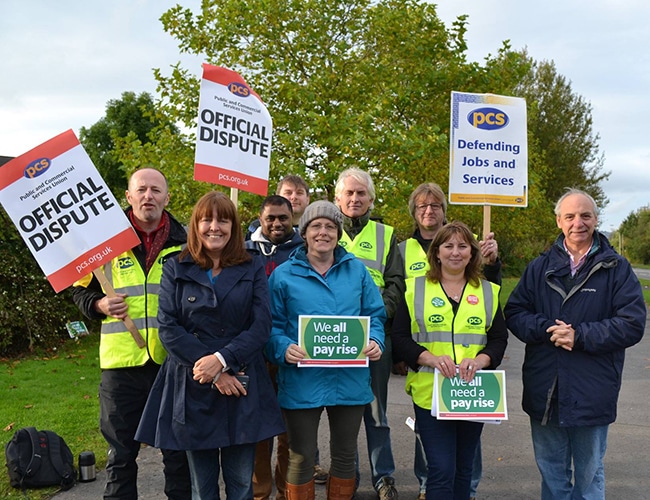- 18/05/2018
- Posted by: Mike Hedges MS
- Category: Assembly Speeches

15 May 2018
Vacant Land Tax
Can I welcome the statement? Going back to the basis of taxation, we have two types of taxation, that which is there to raise revenue for public services, such as income tax, and then we have taxes that are behaviour taxes. And the Cabinet Secretary brought one of those in this year, which is the landfill disposals tax, which makes recycling cheaper than landfill disposal in order to get people to do good things and recycle, and if the landfill tax was set at a very low level then you wouldn’t have people recycling at the level they are. And then, of course, you’ve got the sin taxes, like alcohol and tobacco, which are a mixture of the two. I put this very much into somewhere between the sin taxes of a mixture of the two and the landfill disposals tax, which is a behaviour tax. So, it’s a behaviour tax plus: it’s a behaviour tax that we hope will bring us some money as well. I wonder if the Cabinet Secretary accepts that as the way it’s going forward. 438
It needs to incentivise positive behaviour by increasing the cost of holding on to land. Far too many people hold on to land and just let the value go up, so they actually increase their book value of the land without actually doing anything with it, which is good for the companies but not good for our economy, and so I think it is important that we find some means by which we can get this land out into use. We’re all aware of land banking and the slow release of land to keep housing supply well below housing demand in order to keep house prices artificially high and land values artificially high in order that landowners and the builders can increase their profits.439
We know other countries are using tax to help address the problems, and we know what the Republic of Ireland has done—a vacant sites levy—and I think, if Ireland can do it, I see no reason why we cannot do it successfully. As the Cabinet Secretary also knows, of course, my personal preference was for an environment-type tax. If I’d been sat where he was, we’d have an environment tax rather than this, but I see nothing wrong with this as a way forward.440
Can I just ask the Cabinet Secretary to solve a problem, which we’re all going to get? Can he just confirm this will not be a tax on people’s front gardens, which is what we’re going to see opposition parties putting out in the future? It’s not going to tax—. My front garden is not going to be taxed, your front garden is not going to be taxed, and nobody else’s front garden is going to be taxed. It’s going to be a tax—[Interruption.] It’s going to be a tax on land that is there available to build on, with planning permission that people are hanging on to in order to build book value and to control the release of land.
Mike Hedges regularly reminds us of the different purposes that taxation fulfils—from revenue raising to behaviour shaping—and he’s right, this tax has some elements of both. In the Republic of Ireland, bringing in Nick Ramsay’s question about lessons to learn, I remember being told by senior officials there that their first ambition was that the tax must raise sufficient revenue to cover the cost of the work involved in bringing about the behavioural change that the tax is intended to generate.442
Mike is right: it’s the windfall nature of rising land values that people find objectionable, when it is public investment in providing those permissions that causes the value of the land to rise. So, the public has made the effort, and yet it’s the private individual who gets the gain, and that’s what people find objectionable.443
Of course, we did consider an environment tax—a plastics tax, as we were talking about it then. The reason that I decided not to use that as our first testing of the machinery was not for the reason that I mentioned to Mr Hamilton, that it could’ve overwhelmed the mechanics, but because the Chancellor announced in his autumn statement a call for evidence with a view to creating a UK-wide tax in this area. And I just knew, or felt I knew, that if I’d sent such a tax down the line to test our machinery the answer would have come straight back: ‘Well, there’s nothing we can do to give you an answer on that until the call for evidence has been completed.’ So, we would’ve stalled the process at the very outset, and that’s the reason why I decided in the end not to pursue that avenue.444
As far as Mike Hedges’s front garden and indeed my own Canton back yard are concerned, I can confirm that both are safe from a vacant land tax.

